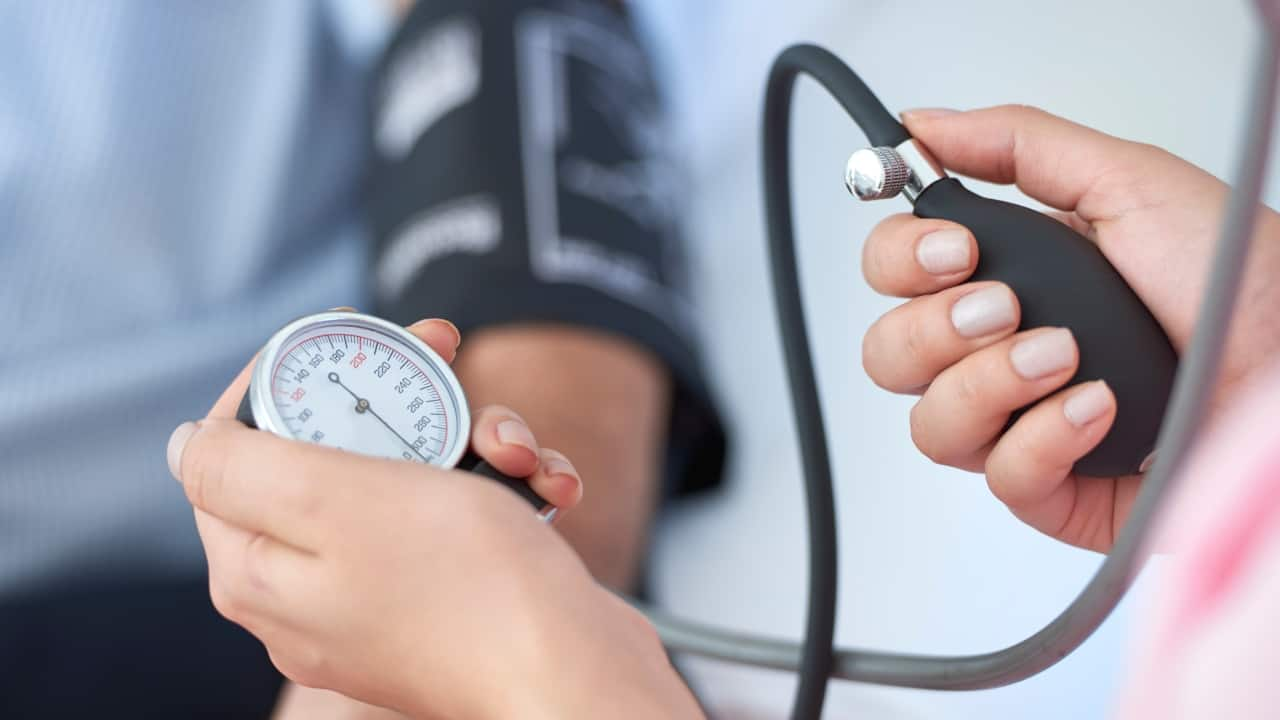Beat High Blood Pressure: Simple Lifestyle Changes for a Healthier You

High blood pressure, or hypertension, affects millions worldwide and can significantly increase the risk of heart disease, stroke, and other serious health problems. While medication is often necessary, making positive lifestyle changes can be a powerful tool in managing your blood pressure and improving your overall well-being. This article explores practical, evidence-based strategies you can incorporate into your daily routine to naturally lower your blood pressure levels and take control of your health.
Understanding the Link Between Lifestyle and Blood Pressure
Your lifestyle choices directly impact your cardiovascular health. Factors like diet, physical activity, stress levels, and even sleep quality all play a role in regulating blood pressure. When these factors are consistently unhealthy, they can lead to chronic hypertension. The good news is that reversing these habits can have a profound positive effect.
Key Lifestyle Changes for Lowering Blood Pressure
Let's delve into the specific lifestyle adjustments that can make a real difference:
1. Embrace a Heart-Healthy Diet
The DASH (Dietary Approaches to Stop Hypertension) diet is widely recognized for its effectiveness in lowering blood pressure. It emphasizes:
- Fruits and Vegetables: Aim for at least five servings a day. They're packed with potassium, which helps balance sodium levels.
- Whole Grains: Choose whole-wheat bread, brown rice, and oats over refined grains.
- Lean Protein: Opt for fish, poultry, beans, and lentils.
- Low-Fat Dairy: Dairy products like milk, yogurt, and cheese can provide calcium and vitamin D.
- Healthy Fats: Incorporate sources like avocados, nuts, and olive oil.
Limit: Saturated and trans fats, sugary drinks, and processed foods.
2. Get Moving – Regular Exercise is Crucial
Physical activity strengthens your heart, improves blood flow, and helps lower blood pressure. Aim for at least 150 minutes of moderate-intensity aerobic exercise (like brisk walking, cycling, or swimming) or 75 minutes of vigorous-intensity exercise (like running or HIIT) per week. Even short bursts of activity throughout the day can be beneficial.
3. Reduce Sodium Intake
Excessive sodium intake contributes to fluid retention and increased blood pressure. The American Heart Association recommends limiting sodium to no more than 2,300 milligrams per day, and ideally closer to 1,500 mg. Read food labels carefully and avoid processed foods, fast food, and salty snacks. Cook at home more often to control sodium levels.
4. Manage Stress Effectively
Chronic stress can raise blood pressure. Find healthy ways to manage stress, such as:
- Meditation and Mindfulness: These practices help calm the mind and reduce stress hormones.
- Yoga and Tai Chi: These combine physical activity with relaxation techniques.
- Spending Time in Nature: Exposure to nature can have a calming effect.
- Hobbies and Social Connections: Engaging in enjoyable activities and connecting with loved ones can buffer against stress.
5. Maintain a Healthy Weight
Being overweight or obese increases your risk of high blood pressure. Losing even a small amount of weight (5-10%) can significantly improve your blood pressure readings.
Taking Control of Your Health
Lifestyle changes are not a quick fix, but they are a sustainable and powerful way to manage high blood pressure. Combine these strategies with regular checkups and, if prescribed, medication, to achieve optimal cardiovascular health. Talk to your doctor before making significant changes to your diet or exercise routine.






